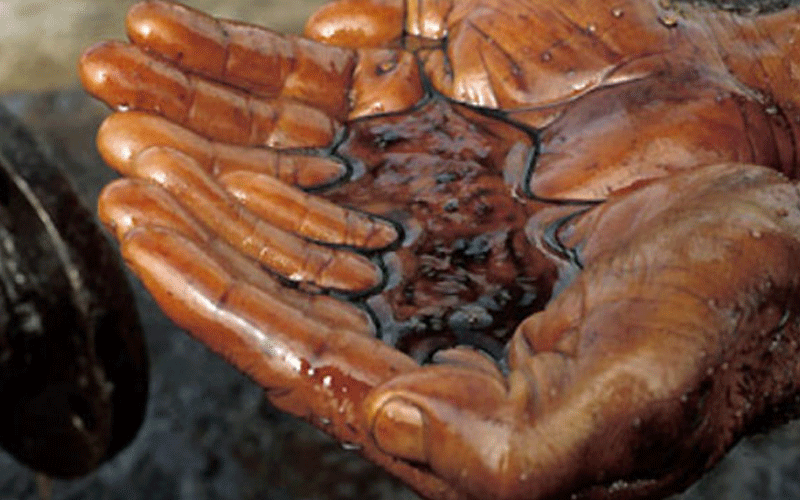Reduce fuel prices to cushion the poor
By Editorial, April 1, 2020As the government considers ways of cushioning the vulnerable from the impact of coronavirus, one area it should look into is the cost of fuel.
This is where it hurts most, especially for those who live from hand to mouth.
Reduction in the cost of fuel, which has a direct and indirect effect on the cost of food, transportation, electricity and other utilities, will bring relief to all.
It would, therefore, be prudent for the government, in addition to the food subsidy plan, to order the Energy and Petroleum Regulation Authority to lower fuel prices.
The government will, of course lose revenue, but the move would be in line with its call on Kenyans to make sacrifices in the fight to stop the spread of coronavirus.
Fortunately, the government can leverage on the dip in global oil prices. For instance, since the outbreak of coronavirus, a barrel benchmark Brent crude has dropped by 64 per cent from $63.35 (Sh6,462) on December 31 to less than $22.6 (Sh2, 394) yesterday.
Kenya mostly sources its oil from the Middle East, where crude oil prices are also down more than 50 per cent since the beginning of the year due to the impact of the virus outbreak.
Indications are that local pump prices could be lowered during the next review of petrol prices due April 15, but this could be two weeks too long.
As Kenyans wait to reap from this drop, it will not easily trickle down to the pumps in equal proportions because of high taxation.
Without their daily income, the poor— hawkers, matatu touts, mama mbogas, farm labourers, construction workers and others—are facing starvation. Lowering fuel prices would encourage matatu and boda boda operators to cut fares.
In Nairobi, bus fares have doubled since the government order on limiting passenger capacity.
Lowering fuel prices would also reduce electricity bills for households and factories because fuel is a major component of local energy charges.
Given the centrality of petroleum in the economy, especially on the cost of doing business and living, there must be deliberate efforts to make it more affordable.
Our plea is that even if the government finds it hard to effect a tax cut, it can at least lower kerosene prices. At least, the poor will be able to cook and light their homes in time of Corona.
More Articles

